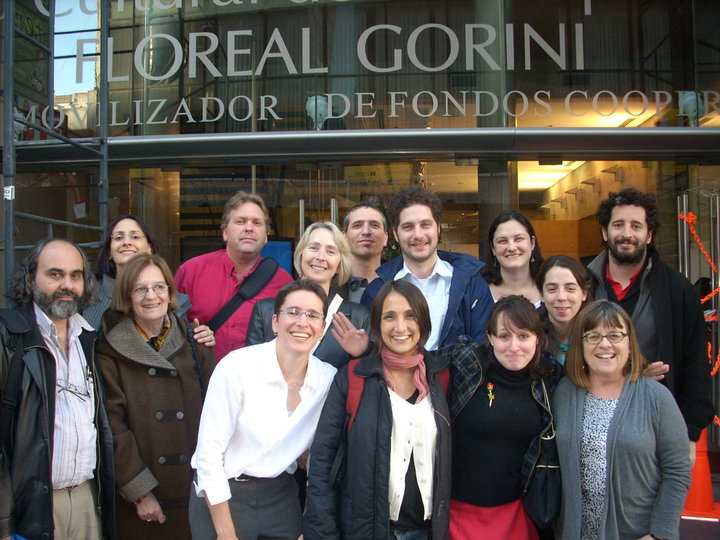
| The Middle Classes Project |
We urgently need new approaches to combating poverty in these times of neoliberal globalization, financial crisis, spiraling food and energy costs, the quickening pace of climate change and intensifying inequality. In both rich and middle income countries, there is evidence that middle classes are shrinking, giving rise to the ‘new poor’ and the ‘nouveau riche’.[1] Despite the historically important role of middle classes in supporting inclusive policies for social protection in many places, recent trends raise urgent questions about middle class responses to, and involvements with poverty. Is rapid socio-economic change creating new alliances between middle classes and the poor? Do middle class poverty politics change for those who become materially poor, but still identify as middle class? In what particular times/places do such alliances arise and become effective? What are the attitudes and responses of the newly rich to poorer sectors? We aim to explore a range of questions about the relations between middle class fragments, the poor and processes of impoverishment. This project builds comparative research on the links between middle class vulnerability, identities and poverty politics in Argentina, the United States, South Africa and Canada/Norway in the wake of economic, social and environmental crises. Links: |